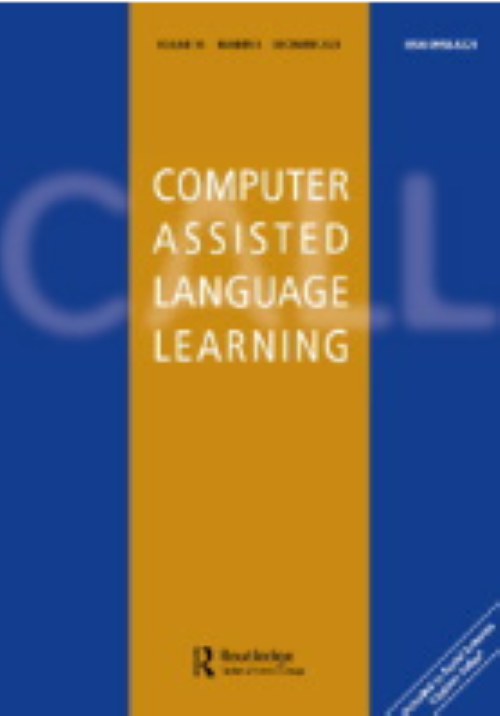EFL learners’ self-determination and acceptance of LMOOCs: the UTAUT model
IF 6
1区 文学
Q1 EDUCATION & EDUCATIONAL RESEARCH
引用次数: 5
Abstract
Abstract The Language Massive Open Online Courses (LMOOCs) is a new platform of computer assisted language learning (CALL); since most LMOOCs witness high dropout rates, empirical evidence on English as a Foreign Language (EFL) learners’ motivation to accept and utilize LMOOCs for English language learning is warranted. This study recruited 237 Taiwanese participants with experience in completing at least one LMOOC to answer question items based on the levels of three psychological needs (i.e. autonomy, competence, and relatedness) of self-determination theory (SDT) as well as the Unified Theory of Acceptance and Use of Technology (UTAUT). Partial least squares structural equation modelling (PLS-SEM) was used to explore the structural relationship between the variables of SDT and UTAUT. Additionally, linear modelling was employed to test the moderating effect of motivation on the relationship between the four determinants of UTAUT, behavioural intention, and use behaviour. The results of this study report that autonomy, competence, and relatedness are significant to EFL learners’ motivation for using LMOOCs. However, while performance expectancy was not statistically significant to behavioural intention, effort expectancy and social influence were. Moreover, behavioural intention and facilitating conditions were significant to use behaviour, while motivation was a significant predictor of LMOOC use behaviour. However, the moderating effect of motivation was only significant to the relationship between the variables of social influence and behavioural intention.英语学习者对LMOOCs的自主选择与接受:UTAUT模型
本文章由计算机程序翻译,如有差异,请以英文原文为准。
求助全文
约1分钟内获得全文
求助全文
来源期刊

Computer Assisted Language Learning
Multiple-
CiteScore
18.50
自引率
12.90%
发文量
74
期刊介绍:
Computer Assisted Language Learning (CALL) is an intercontinental and interdisciplinary journal which leads the field in its dedication to all matters associated with the use of computers in language learning (L1 and L2), teaching and testing. It provides a forum to discuss the discoveries in the field and to exchange experience and information about existing techniques. The scope of the journal is intentionally wide-ranging and embraces a multitude of disciplines.
 求助内容:
求助内容: 应助结果提醒方式:
应助结果提醒方式:


